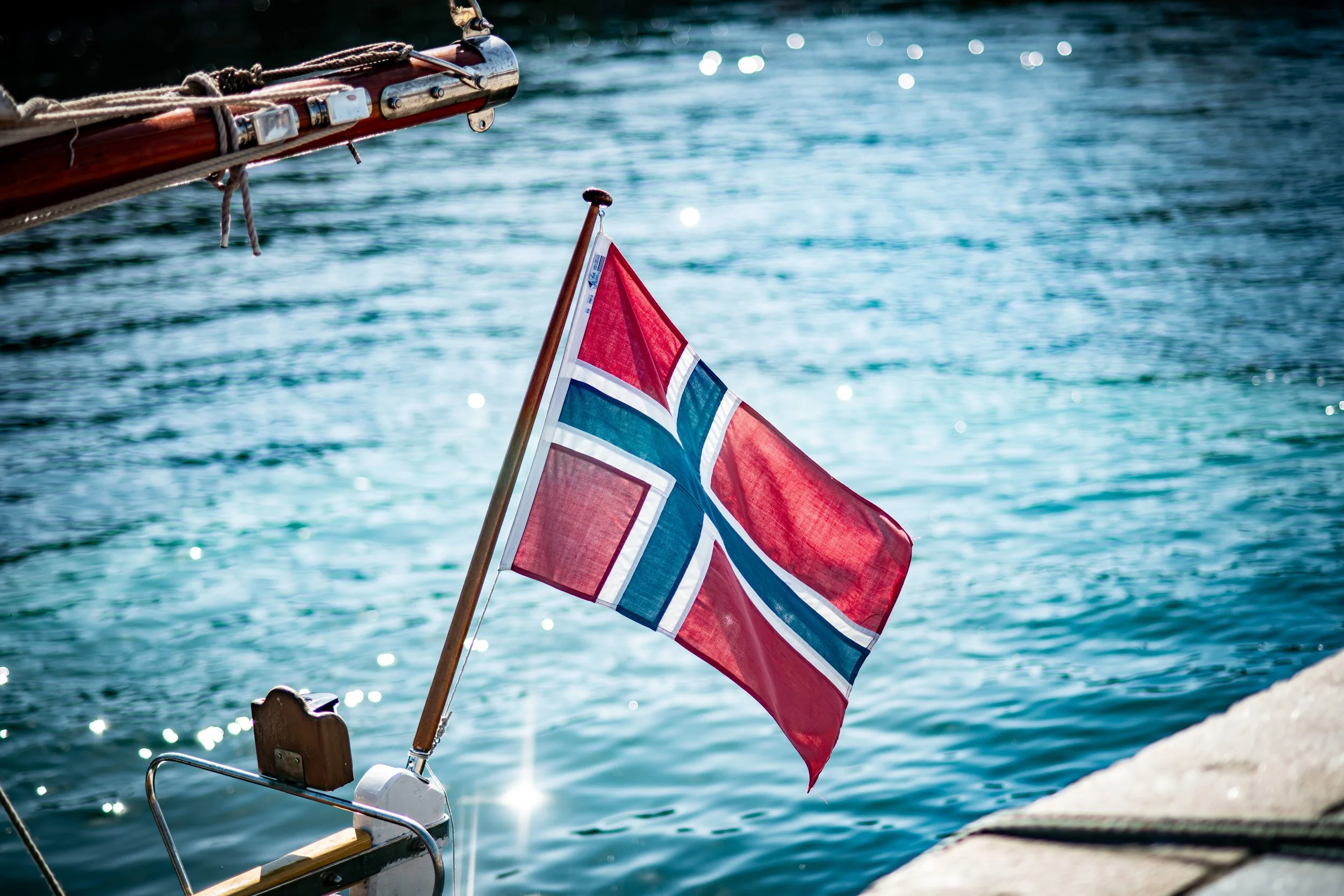The Norwegian philosophy of ‘being a potato’
“You’re everywhere” we joke with local Norwegian volunteer Elisabeth Imingen. From facilitating the distribution of shoes to players to delivering thirst-quenching iceblocks to ensuring the toilets are clean, Imingen is on her feet and active from the start to the finish of the tournament each day. She’s adopted the Norwegian principle of ‘being a potato’, she explains. That is, being versatile and able to go anywhere and do anything as needed.
A 20-year veteran of the Salvation Army, Elisabeth Imingen is from Lillehammer, the town most known to us internationally as the 1994 Winter Olympics host city. There her role involves facilitating employment for people with drug addiction. “They can come to us and have a day for work, get paid and go home. If they are able to do it, they can come again next day. And if they’re not able, they can wait another day and come back,” Imingen explains.
Imingen’s Homeless World Cup involvement came about through her workplace. “I asked my chief, ‘Can I be here the whole week instead of being in Lillehammer at my work?’ she says. His response was, “Of course, of course,” so she’s headed south to Oslo for the week.
The shoes Imingen helped distribute have been a hit—players received brand new Skechers football boots and volunteers received New Balance running shoes. Imingen was one of the steady hands who patiently unpacked and sorted through all the various shoe sizes, helping players and volunteers find the right fit.
She wasn’t a shoe specialist before the tournament, and her role has involved being a jack of all trades. “Nearly everyone here is doing a lot of jobs. We all have the same focus. If we want it to be a good World Cup, then we have to do what we are able to do it.”
While it means stepping outside your comfort zone, she says, it’s also been incredibly rewarding. “I think it’s so interesting to be a part of it and be a volunteer. You can see how it works, not in the front, but also behind.” Much of that behind-the-scenes work has involved delivering support in thoughtful ways—at one stage, we spotted Imingen handing out iceblocks and icecreams to parched pitch managers and referees.
“It wasn’t my idea,” Imingen says, but agrees it was a great success. It’s a little thing, but a big thing because pitch managers and referees can’t leave pitches easily, even if they’re hot, hungry, and dehydrated.
“I hope that everyone can feel they are special, they are useful, they are part of something bigger, and they are important. I like to see this fellowship like a puzzle—all the bricks are likely important. You need it all to create the full picture. You need it all and you need all other people to manage it, and I hope [players] can go home and feel that they have been lifted up.”
Written By Fiona Crawford, Photos By Anita Milas

